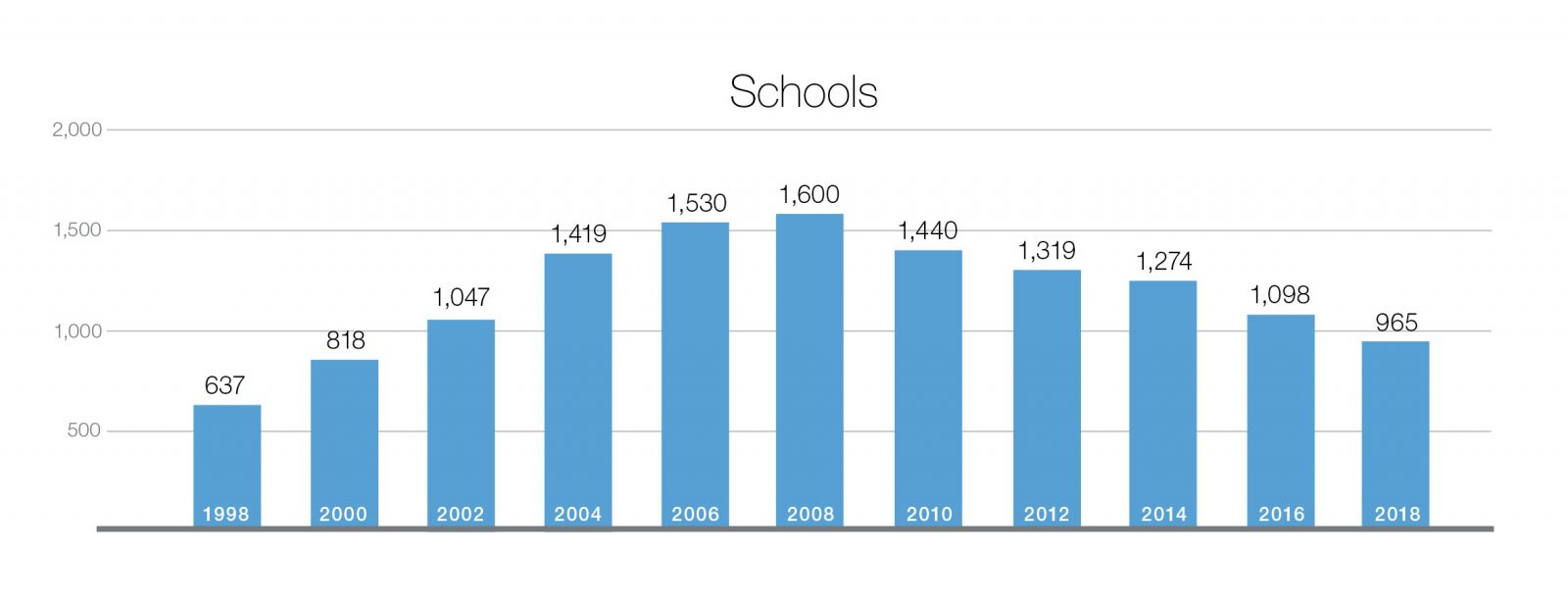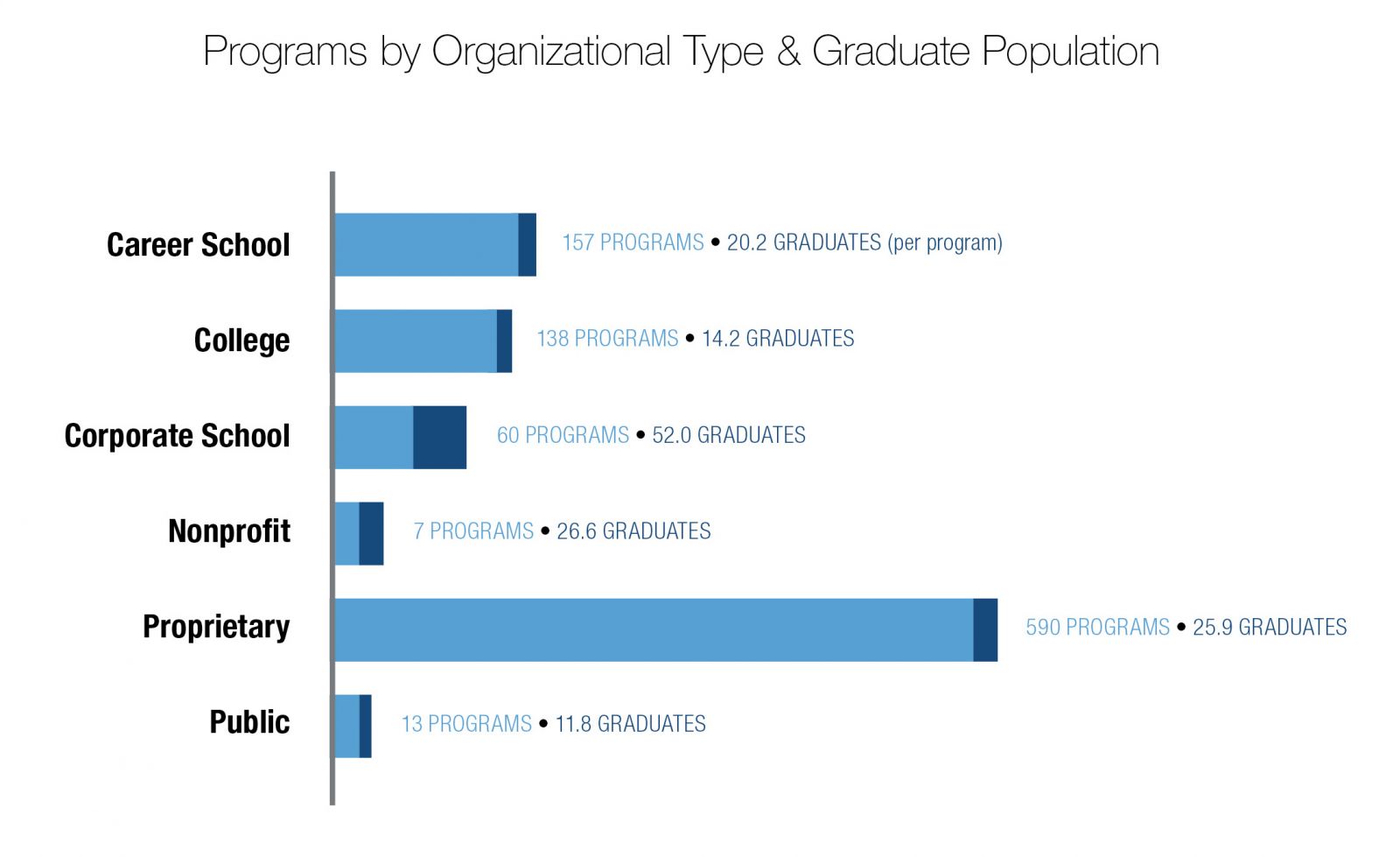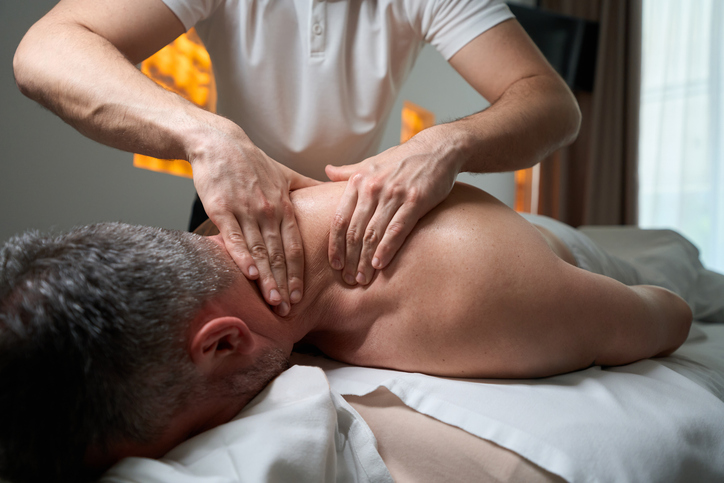
By Les Sweeney, ABMP President
Associated Bodywork & Massage Professionals (ABMP) conducts a census of all state-approved massage programs every two years, and recently completed its analysis of 2018 massage program results and trends.
The 2016 ABMP report stated the following: “The trend continues, and accelerates: fewer schools, fewer graduates.”
The 2018 report looks much the same, with additional decline in both the number of graduates and the number of programs.
According to the results of the survey, the number of massage therapy training programs in the United States is at its lowest since 2000, and the number of graduates from those programs is the lowest since ABMP began conducting the survey in 1998—surpassing 2016’s previous low water mark. ABMP’s biennial census of massage school programs indicates 23,877 students graduated from massage therapy programs in 2018—a drop of over 15 percent from 2016’s total, which had fallen 22 percent from 2014’s total.
ABMP’s census was conducted December 2018–January 2019, during which time ABMP representatives attempted to contact 1,080 programs; over 100 were found to be no longer operating a massage program or were out of business altogether. Those who were reached (and still in operation) were asked, “How many students graduated from your primary massage program in 2018?”
More than 75 percent of approved programs responded to the survey. Using state and program data, we projected results for the segment of schools we did not receive an answer from.
The results show that an average massage program in 2018 graduated slightly under 25 students, the lowest per-program average since ABMP began the survey.

Types of Programs and Their Graduates
ABMP categorizes massage programs into six organizational types:
- Career School—multiprogram institutions offering many career training programs in addition to massage therapy, typically medical and dental assisting, medical recordkeeping, etc.
- College—massage program offered at a community, junior, or technical college.
- Corporate School—massage therapy and spa programs as part of a multicampus, multistate, larger corporate entity.
- Nonprofit—programs whose organization is incorporated as a nonprofit entity.
- Proprietary—traditionally and typically “Mom & Pop” programs; single owner at a single campus.
- Public—programs offered through the public education system/school district.

This information, along with results from ABMP’s recent consumer survey regarding massage usage, was shared in April with attendees at the 2019 ABMP School Forum in San Diego, California. ABMP’s next School Forum will be held April 17–18, 2020, in Chapel Hill, North Carolina. You can reserve your spot at www.abmp.com/educators/abmp-school-forums.
Les Sweeney is president of Associated Bodywork & Massage Professionals. For more information, email les@abmp.com.


